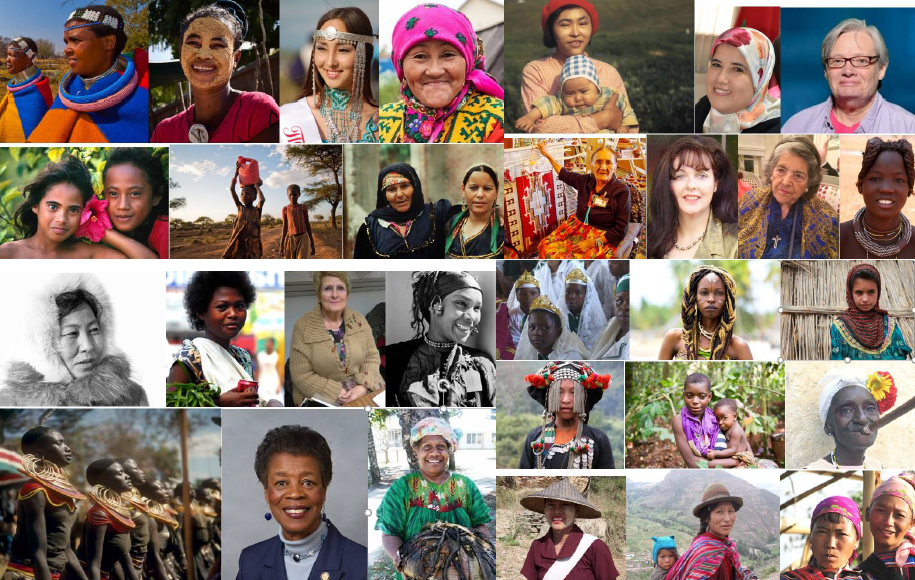Cultural anthropology, a subfield of anthropology, delves into the intricacies of human cultures and their myriad manifestations. This discipline emphasizes the exploration of social norms, values, practices, and the lifeways of diverse groups across the globe. By employing both qualitative and quantitative research methods, cultural anthropologists uncover the underlying structures that shape societies. In our increasingly globalized world, understanding these differences is paramount, especially considering the pressing challenges posed by climate change.
At its core, cultural anthropology invites individuals to step outside their familiar surroundings, urging them to embrace a kaleidoscopic array of worldviews. This shift in perspective facilitates empathy and a deeper appreciation for the varied tapestry of human experiences. For instance, when examining the rituals and traditions of indigenous peoples, one can see how cultural practices are intertwined with ecological stewardship. These communities often possess accumulated knowledge about sustainable living, passed down through generations. This knowledge can be instrumental in addressing environmental crises that stem from modern industrial practices.
One of the cornerstone methodologies in cultural anthropology is participant observation. Researchers immerse themselves in the daily lives of those they study, allowing for an inimitable insight into social interactions and cultural norms. This method fosters an environment of trust, allowing participants to share their stories in an unfiltered manner. By engaging directly with diverse communities, anthropologists can illuminate how different societies conceptualize the environment, resources, and their relationship with nature. Such perspectives are invaluable in crafting sustainable development initiatives that respect cultural differences.
Moreover, cultural anthropology underscores the importance of kinship systems in shaping ecological practices. The familial and social bonds within communities significantly influence resource management strategies. For example, many cultures emphasize collective ownership of land and communal resource use, thereby promoting sustainability. In stark contrast, capitalist models often prioritize individual ownership, leading to overexploitation and environmental degradation. By examining kinship structures, cultural anthropologists can distill lessons that promote ecological resilience and sustainability.
Another critical aspect of cultural anthropology involves the study of rituals and belief systems related to the environment. These cultural dimensions often reflect deep-seated understandings of humanity’s place in the natural world. Many indigenous religions incorporate a holistic view of nature, recognizing the interdependence of all living entities. Such beliefs can foster a sense of stewardship and responsibility towards preserving the environment. Anthropologists document these practices, which can inform contemporary environmental movements and policy-making.
In contemporary society, the intersection of cultural anthropology and climate change is a burgeoning field of inquiry. Climate change disproportionately affects marginalized communities, whose voices are often silenced in conventional environmental discourses. Anthropologists strive to amplify these narratives, showcasing how environmental policies can jeopardize cultural identities and livelihoods. By blending cultural comprehension with environmental science, cultural anthropologists can advocate for inclusive policies that account for the needs and perspectives of diverse populations.
The significance of cultural anthropology extends beyond academic realms; it has practical implications in policy framing and community engagement. Understanding cultural contexts can enhance the effectiveness of environmental campaigns, ensuring they resonate with specific communities. This is particularly vital in regions where environmental degradation is linked with cultural heritage and identity. Anthropologists can foster dialogues between scientists, policymakers, and communities, creating a platform for co-produced knowledge that bridges the gap between empirical data and lived experiences.
Further, the anthropological lens broadens the conversation around climate justice. Issues such as environmental racism and the disproportionate effects of climate change on disadvantaged groups are central to this discourse. In many instances, marginalized communities have historically been at the periphery of environmental decision-making processes. Cultural anthropology champions the necessity of integrating these voices, thus enriching discussions on sustainability and environmental ethics.
As global environmental challenges intensify, cultural anthropologists play a vital role in reexamining humanity’s relationship with the planet. Their work cultivates an awareness of cultural diversity and the value of traditional ecological knowledge. By engaging with these diverse perspectives, society can construct a more nuanced understanding of sustainability—one that harmonizes technological advancement with ecological preservation.
Ultimately, the journey through cultural anthropology offers a promise: a shift in perspective that not only piques curiosity but fosters an ethos of respect and understanding. It implores us to reconsider our assumptions and recognize the value of diverse cultures in navigating the complexities of our faiths, practices, and existential concerns regarding the environment. Embracing this multifaceted approach to cultural differences can lead toward collaborative action in the face of climate change, showcasing that the path toward sustainability may require revisiting our roots and rediscovering the wisdom embedded within different cultures.
In conclusion, the robust framework of cultural anthropology reveals the interconnectedness of culture and climate, allowing for a deeper understanding of the implications of environmental issues on various communities. Through this scholarly lens, we are encouraged to honor diverse perspectives while seeking innovative solutions to pressing global challenges. By appraising our existing paradigms with an anthropological mindset, we collectively embark on a transformative journey toward a sustainable future.
